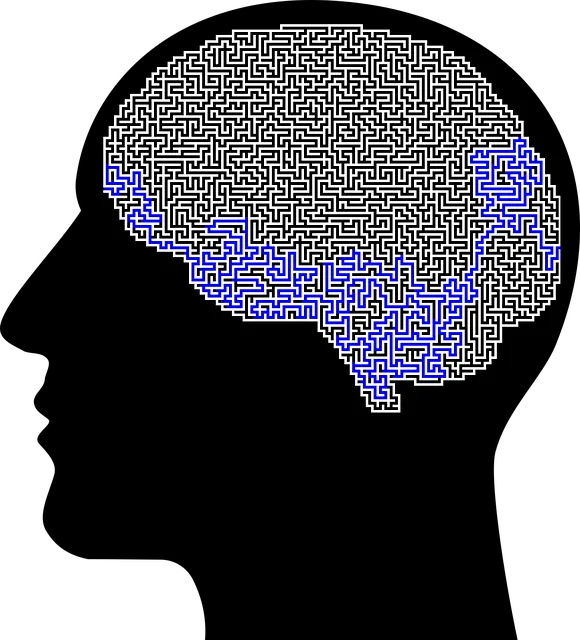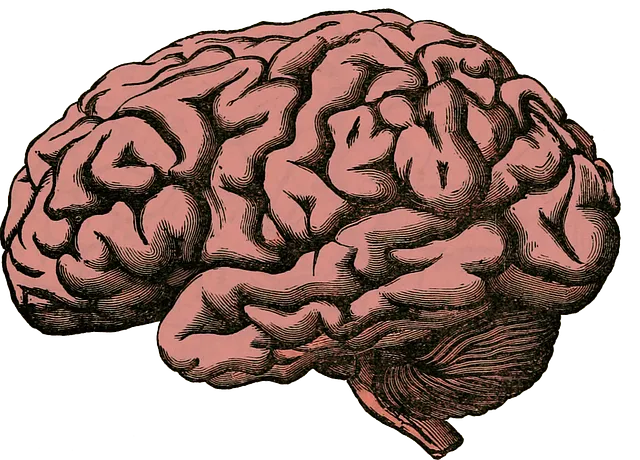The Kaiser Permanente mental health center in Westminster offers tailored resilience-building programs, combining cognitive reframing, mindfulness, and positive psychology to enhance stress management, emotional control, and overall well-being. Through interactive discussions, group activities, and peer support, these exercises foster a supportive learning environment, making mental wellness more accessible and effective. Participant feedback and outcome measures assess success, while the Mental Wellness Podcast Series shares inspiring stories of improved mental health and community engagement.
“Discovering resilience through RFM (Recovery, Flexibility, and Mastery) at Kaiser Permanente Mental Health Center Westminster is a game-changer in community well-being. This comprehensive guide explores how the center’s innovative approach to mental health support empowers individuals with practical tools for building resilience. From understanding the core principles of RFM to engaging participants through dynamic techniques, we delve into effective strategies for implementing resilience training programs. Learn how these exercises contribute to a healthier, more resilient community.”
- Understanding RFM and Resilience Building Exercises at Kaiser Permanente Mental Health Center Westminster
- The Importance of Mental Health Support in the Community
- Strategies for Implementing Effective Resilience Training Programs
- Engaging Participants: Techniques to Foster Active Engagement
- Measuring Success: Evaluating the Impact of RFM on Community Well-being
Understanding RFM and Resilience Building Exercises at Kaiser Permanente Mental Health Center Westminster

At Kaiser Permanente Mental Health Center Westminster, we recognize that building resilience is a cornerstone of overall well-being. That’s why our center incorporates Resilience Building Exercises (RFM) as part of our comprehensive approach to mental health care. RFM focuses on enhancing individuals’ ability to cope with stress and adversity, fostering inner strength and self-awareness exercises that empower them to navigate life’s challenges more effectively.
Through a range of evidence-based practices, Kaiser Permanente mental health professionals guide patients through tailored exercises designed to cultivate resilience. These may include mindfulness techniques, cognitive reframing, and positive psychology tools, all aimed at promoting anxiety relief and building inner strength. By participating in these sessions, individuals gain valuable skills to manage stress, improve emotional regulation, and develop a stronger sense of self, ultimately contributing to their overall mental health and well-being.
The Importance of Mental Health Support in the Community

In any community, mental health support is a cornerstone of overall well-being. The Kaiser Permanente mental health center in Westminster serves as a vital hub, offering specialized services tailored to meet diverse needs. Mental health issues impact individuals across all demographics, from young adults grappling with stress and anxiety to seniors dealing with loneliness and depression. A comprehensive approach to mental wellness involves not just treating symptoms but also fostering resilience and promoting healthy coping mechanisms within the community.
Beyond individual therapy sessions, initiatives such as the Mental Wellness Podcast Series Production and Community Outreach Program Implementation play pivotal roles in enhancing mental health literacy and accessibility. These programs provide platforms for sharing valuable insights, breaking down stigma, and offering practical strategies for maintaining mental balance. By integrating these efforts, communities can better equip individuals with the tools they need to navigate life’s challenges, ensuring a more resilient and supportive environment for everyone, including those at risk as identified through a Risk Assessment for Mental Health Professionals.
Strategies for Implementing Effective Resilience Training Programs

Implementing effective resilience training programs requires a strategic approach tailored to the unique needs of participants. At the Kaiser Permanente mental health center Westminster, we emphasize holistic strategies that combine cognitive exercises with practical coping mechanisms. Our programs are designed to be inclusive and engaging, leveraging interactive activities and group discussions to foster a supportive learning environment.
By integrating these techniques, we aim to enhance mental wellness and promote Depression Prevention. The Mental Wellness Podcast Series Production serves as a complementary tool, providing accessible resources for continuous learning and positive thinking. Through regular practice and exposure to diverse perspectives, participants gain the resilience needed to navigate life’s challenges effectively.
Engaging Participants: Techniques to Foster Active Engagement

Engaging participants actively is a crucial step in implementing RFM (Resilience, Flexibility, and Mindfulness) exercises, especially at institutions like the Kaiser Permanente mental health center in Westminster. This involves creating an environment where individuals feel comfortable and motivated to participate. Techniques such as interactive discussions, group activities, and peer support can foster active engagement. Encouraging open communication and providing a safe space for sharing experiences and emotions helps build trust and encourages participation.
At the Kaiser Permanente mental health center, facilitators can employ strategies like breaking participants into smaller groups for targeted exercises, ensuring diverse yet manageable sizes. This promotes inclusivity and allows for more personalized interactions. Additionally, incorporating real-life scenarios and case studies relevant to their experiences, such as those detailed in the Mental Health Policy Analysis and Advocacy reports, can make the sessions more relatable and engaging. Incorporating Positive Thinking techniques and Trauma Support Services resources further enhances the effectiveness of these exercises.
Measuring Success: Evaluating the Impact of RFM on Community Well-being

Measuring success is a vital component when implementing RFM (Resilience, Flexibility, and Mastery) exercises, especially in community settings like the Kaiser Permanente mental health center in Westminster. The impact of these programs can be profound, enhancing the overall well-being of individuals and fostering a more resilient community. By evaluating the effectiveness of RFM initiatives, the center can ensure that its efforts align with the unique needs of the population served.
One way to assess success is through participant feedback and outcome measures. For instance, conducting pre and post-program surveys can reveal improvements in emotional healing processes and social skills training. The Mental Wellness Podcast Series Production, a complementary initiative, can also capture testimonials and share success stories, demonstrating the tangible benefits of RFM exercises on mental health and community engagement.
The implementation of Resilience, Flexibility, and Mastery (RFM) exercises at the Kaiser Permanente Mental Health Center in Westminster has demonstrated significant potential in enhancing community well-being. By integrating these resilience-building strategies, the center plays a vital role in supporting mental health initiatives locally. Through active engagement techniques and successful program evaluation, the RFM model can be a powerful tool to empower individuals, fostering adaptability and coping mechanisms in today’s challenging environments. This approach ensures that folks within the community have access to resources that promote indelible personal growth and improved mental resilience.






